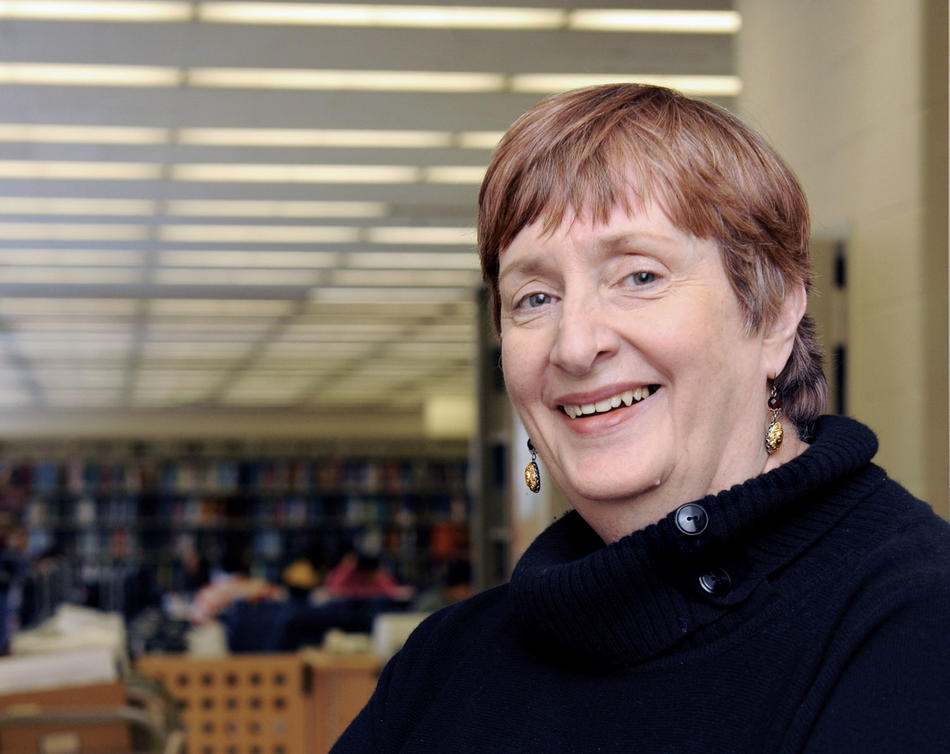Columbia recently appointed Jane Winland to direct its science and engineering libraries, a job that includes planning a new consolidated science library in the Northwest Corner Building.
Winland, whose appointment followed a nationwide search, has worked at Columbia libraries for 39 years. Most recently, she was director of the University’s social science libraries.
In her new position, Winland oversees the engineering, mathematics, geology, and geosciences libraries. She’ll also manage the new Integrated Science Library — combining resources for astronomy, biological sciences, chemistry, physics, and psychology — in the Northwest Corner Building. This 14-story structure, which is scheduled to open in the spring of 2011 at the intersection of Broadway and 120th Street, will be devoted to interdisciplinary science research. Its library, occupying the building’s first floor, will be staffed by librarians trained specifically to support interdisciplinary work.
Planning for the Integrated Science Library will require difficult decisions. In preparation for its opening, the University closed the old physics, chemistry, biology, and psychology libraries last summer, transferring those holdings to other campus libraries and to an off-site storage facility. Winland now is working with science faculty to determine which volumes will be transferred to the Integrated Science Library and which will remain in storage. She expects that old science periodicals will stay in storage because scientists today use e-journals for almost all of their research. Most likely to make the move, she says, are books and scholarly monographs published in the past few years.
“Our libraries tend to be crowded, and we need as much space as possible for individual work stations and group-study rooms,” she says. “This library should be very popular, and most research here will be conducted electronically.”
The new science library will include a digital science center, where users will have access to cutting-edge electronic research tools, including geographic information-system databases, new statistical analysis software, and computer programs that enable researchers to easily share their laboratory data with colleagues.
“Faculty and students tend to think that they’re aware of what’s available in our libraries today, but very few of them are familiar with all our resources,” Winland says. “My challenge is to get the word out, and to make sure the scientists trust our librarians to teach them new ways of working.”



